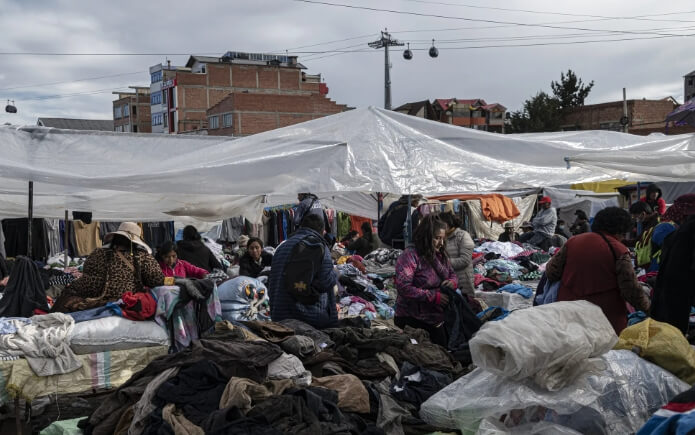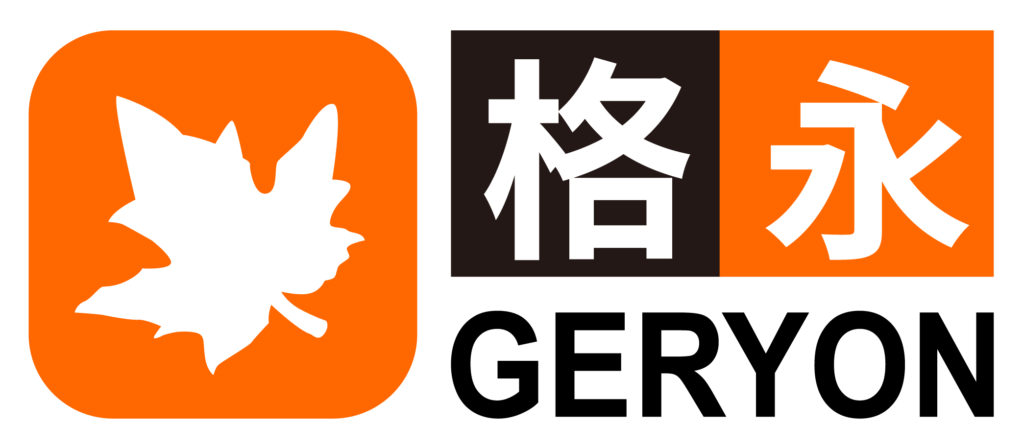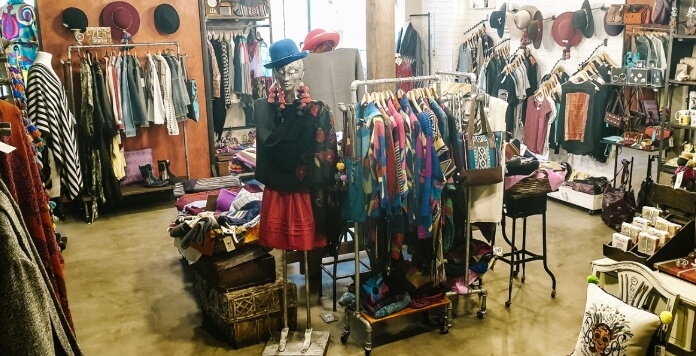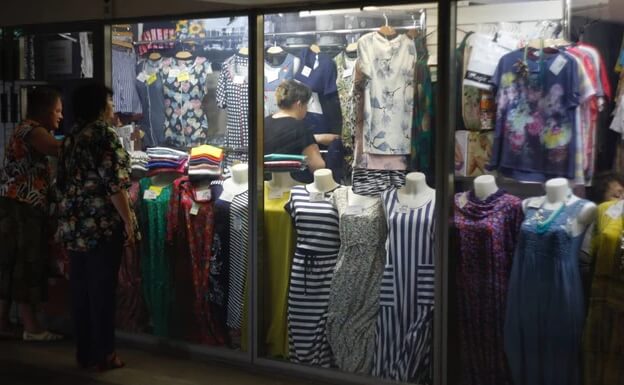The demand for Bolivia used clothes is rising among B2B buyers who are looking for cost-effective, high-quality products for resale. However, buying used clothing in bulk requires more than just a good price – it involves working with trusted suppliers, understanding shipping regulations, and ensuring the clothes meet the standards your customers expect. In this article, we’ll provide you with a step-by-step guide on how to buy Bolivia used clothes in bulk, giving you the tools and knowledge needed to make profitable and informed purchasing decisions.

1. Introduction
Sourcing Bolivia used clothes in bulk can be a lucrative opportunity for B2B buyers looking to expand their product offerings. Bolivia has become an increasingly important player in the secondhand clothing market due to its competitive prices and high-quality inventory. As global demand for used clothing continues to grow, Bolivia offers a reliable and sustainable source for wholesale buyers. In this guide, we’ll cover the essential steps and strategies for purchasing Bolivia used clothes, helping you navigate the process efficiently and profitably.

Why Buy Bolivia Used Clothes in Bulk?
Bolivia has established itself as a key exporter of used clothing, offering both affordability and quality. With a rich variety of garments sourced from donations and post-consumer goods, Bolivia’s secondhand clothing market is diverse and caters to many international markets. By buying Bolivia used clothes in bulk, B2B buyers can secure substantial quantities at lower prices, which is ideal for reselling or repurposing. Additionally, Bolivia’s relatively low labor costs and stable supply chains make it an attractive destination for bulk clothing imports.
The Growing Demand for Used Clothing in Global Markets
As the global market for secondhand clothing expands, Bolivia’s role as a source of used clothes is becoming more significant. Countries in Europe, North America, and even parts of Asia are increasingly importing secondhand garments, and Bolivia used clothes are in high demand due to their cost-effectiveness. Importers are looking for bulk suppliers to meet growing consumer interest in sustainable fashion and affordable apparel. By tapping into this growing market, B2B buyers can not only meet demand but also benefit from the environmental advantages of recycling clothing.
2. Understanding the Bolivia Used Clothes Market
The Bolivia used clothes market offers significant opportunities for B2B buyers looking to source secondhand garments in bulk. However, understanding the local market dynamics, types of clothing available, and pricing structure is essential to make informed purchasing decisions. Bolivia’s used clothing exports have become an important part of its economy, with multiple regions specializing in the sorting, grading, and distribution of secondhand apparel.
Key Trends in Bolivia’s Used Clothing Export Industry
Bolivia’s used clothing industry has been growing steadily, with a notable increase in both local production and export capacity. Many Bolivian suppliers have established direct trade routes to major international markets, particularly in Latin America and Europe. This trend is largely driven by increased consumer demand for affordable, quality secondhand apparel. The industry’s growth is supported by Bolivia’s export-friendly policies, which encourage bulk shipments and simplify the customs process for international buyers.
Types of Used Clothes Available for Wholesale Purchase
Bolivia used clothes are diverse, ranging from everyday wear like shirts and jeans to high-end designer goods. Most of these garments are sourced from donations or post-consumer goods, with categories like “graded” (sorted by quality) and “ungraded” (mixed or bulk clothing) available. As a B2B buyer, understanding the difference between these categories will help you determine the best fit for your market. Wholesale buyers typically purchase mixed batches for resale in emerging markets, but high-quality, graded lots are also available for businesses targeting premium customers.
Benefits of Sourcing Used Clothes from Bolivia
One of the primary benefits of sourcing Bolivia used clothes is the cost-efficiency. Compared to other countries in the region, Bolivia offers competitive prices, making it a budget-friendly option for businesses. Additionally, the quality of the clothing is often higher than in other secondhand markets due to stringent sorting and grading processes. Bolivia’s reliable supply chain infrastructure and proximity to major markets in Latin America also make it an ideal source for businesses looking to import used clothing regularly.
3. How to Find Reliable Suppliers of Bolivia Used Clothes
Finding reliable suppliers of Bolivia used clothes is critical for ensuring the success of your bulk purchase. In Bolivia, many used clothing exporters operate out of major cities such as La Paz, Santa Cruz, and Cochabamba. It’s important to thoroughly vet potential suppliers and establish clear expectations from the outset to avoid common issues like poor quality or late deliveries.
Researching and Vetting Exporters
Before entering into any agreements, B2B buyers should conduct thorough research on potential suppliers of Bolivia used clothes. This includes reviewing supplier certifications, reading customer testimonials, and asking for references from previous clients. Make sure that the supplier complies with international trade standards, such as quality control regulations and environmental guidelines for recycling and exporting clothing. Many Bolivian exporters also participate in trade organizations or government programs that can provide assurances of reliability and compliance.
Building Trust with Suppliers
Establishing a long-term, trustworthy relationship with a supplier is crucial for B2B buyers looking to purchase Bolivia used clothes regularly. To build this trust, start with smaller test orders to assess the quality and timeliness of the supplier’s services. Clear communication is key – make sure both parties agree on expectations regarding quality, delivery timeframes, and payment terms. Suppliers who are transparent about their processes are more likely to become reliable business partners over time.
Key Certifications and Legal Requirements for Suppliers
When buying Bolivia used clothes in bulk, it’s important to ensure that your supplier holds the necessary certifications and complies with local and international regulations. Many Bolivian exporters will have certifications that prove they meet specific standards for hygiene and quality control. Additionally, verify that the supplier complies with Bolivia’s export regulations, which are governed by national customs authorities. For B2B buyers, it’s vital to ensure that the supplier’s documentation is in order to avoid any legal issues during shipping and customs clearance.

4. Negotiating Prices and Terms for Bulk Purchases
Negotiating favorable prices and terms is essential when buying Bolivia used clothes in bulk. With the right approach, you can secure competitive prices while maintaining a positive relationship with your supplier. Pricing in the secondhand clothing industry can vary based on the quality and type of clothes, but there are several strategies you can use to negotiate better deals.
Understanding the Pricing Structure for Used Clothes in Bolivia
The price of Bolivia used clothes varies depending on the grade, type, and quantity being purchased. Graded lots, which consist of higher-quality garments, are typically priced higher than ungraded or mixed batches. Additionally, the larger the order, the more likely you are to receive a bulk discount. It’s important to understand these pricing dynamics and factor in all additional costs, such as shipping and import duties, when evaluating your total expenses.
How to Negotiate Bulk Discounts and Payment Terms
When negotiating prices for bulk purchases, always consider factors such as long-term business potential and order volume. Suppliers may offer discounts for repeat orders or for businesses that commit to large quantities. Don’t hesitate to negotiate payment terms, as flexible payment schedules can help improve your cash flow. Many Bolivian exporters will be willing to offer discounts or favorable terms for reliable B2B buyers who demonstrate a willingness to build a lasting business relationship.
What to Expect in Terms of MOQ (Minimum Order Quantity)
Many Bolivian suppliers set a Minimum Order Quantity (MOQ) for bulk purchases, especially for used clothing. The MOQ can vary depending on the supplier and the type of goods you wish to purchase. Make sure to clarify the MOQ upfront and determine whether it aligns with your business needs. If the MOQ is too high for your business, you can discuss negotiating a lower quantity, but keep in mind that doing so may impact your pricing.
5. Inspecting and Ensuring Quality of Bolivia Used Clothes
Quality assurance is essential when buying Bolivia used clothes in bulk. As a B2B buyer, it’s your responsibility to ensure that the garments you receive meet your standards and are suitable for resale. Understanding the quality control processes used by Bolivian suppliers and inspecting the goods thoroughly before shipment can help avoid unpleasant surprises.
Quality Control Tips for Bulk Purchases
To ensure the quality of Bolivia used clothes, ask your supplier to provide detailed information about their quality control process. Many suppliers offer graded lots, which are sorted by condition and quality, making it easier to find garments that align with your customer’s expectations. Additionally, request samples or photos of the clothes before committing to a full order. This will allow you to verify that the quality meets your standards and avoid receiving subpar merchandise.
Common Issues with Used Clothes and How to Avoid Them
Used clothes can sometimes come with defects such as stains, tears, or missing buttons. These issues can affect the resale value of the items, so it’s crucial to establish a clear quality control checklist with your supplier. Ensure that the supplier is diligent in removing damaged or unsellable garments before shipping. A reputable supplier will be willing to provide you with returns or replacements if the goods do not meet agreed-upon quality standards.
How to Request Samples and Inspection Reports
Before placing a large order of Bolivia used clothes, always request samples or inspection reports. Many Bolivian suppliers will provide samples upon request, and reputable exporters are often transparent about their inspection process. The inspection report should include details on the grading, condition, and quantity of the items being sold. This will give you confidence that the bulk order will meet your expectations before it is shipped.

These sections aim to give B2B buyers a comprehensive and SEO-optimized guide on sourcing Bolivia used clothes in bulk. Each sub-point includes valuable, actionable advice tailored to the unique characteristics of Bolivia’s used clothing market. Let me know if you’d like any further revisions!






